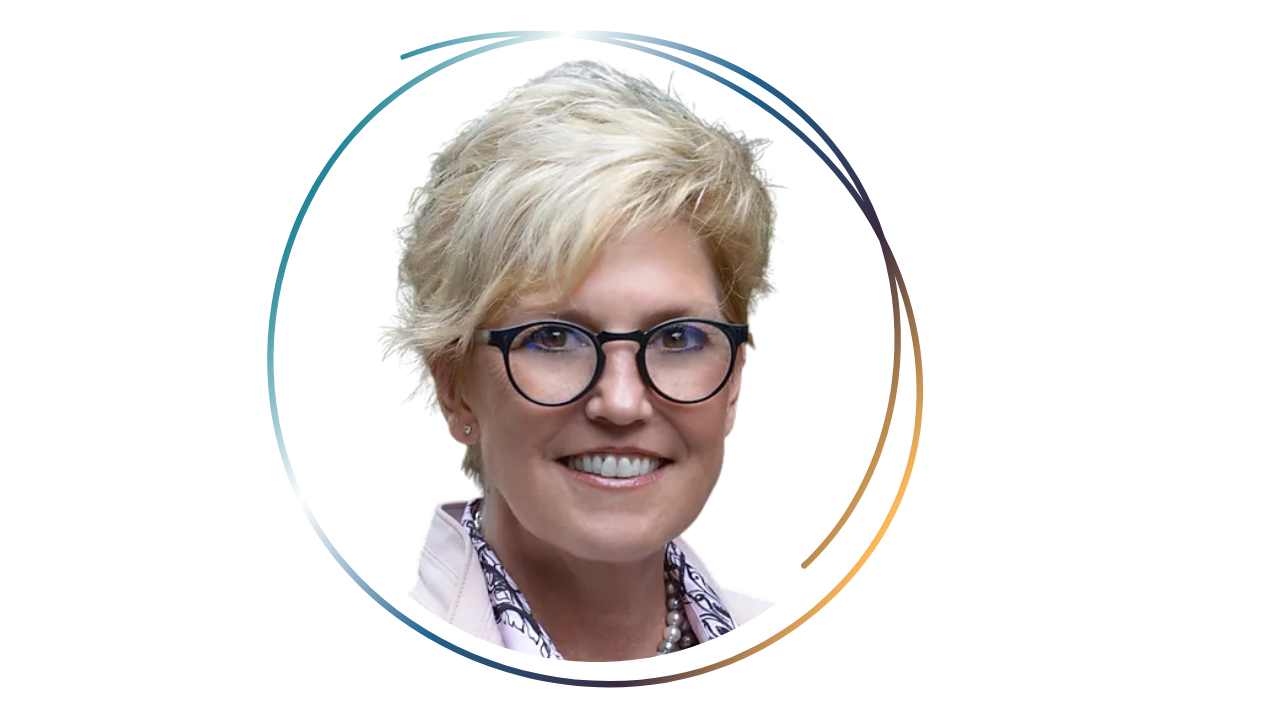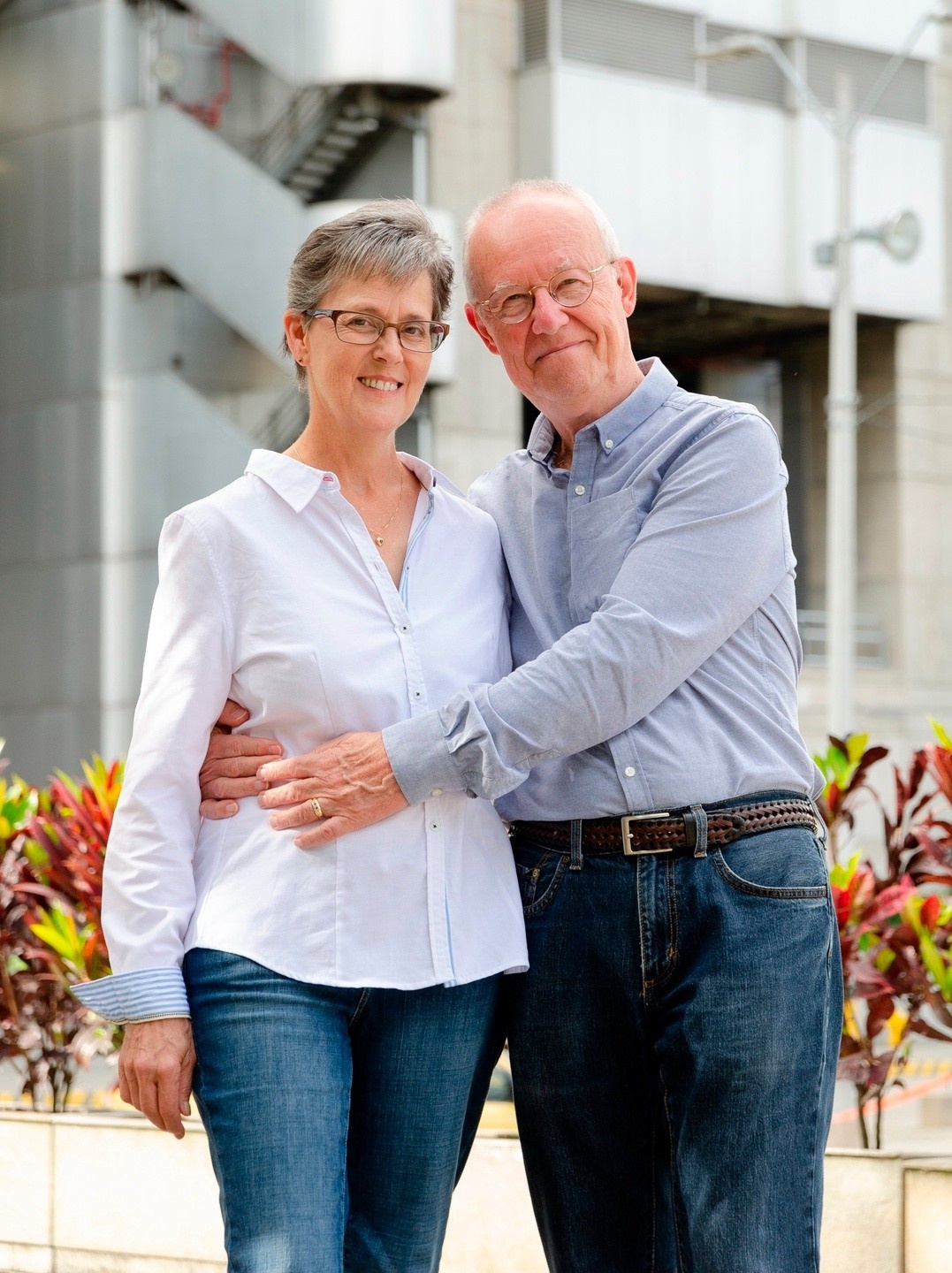
Melissa Hughes
This Personal Journey comes from an episode of the podcast One World in a New World which aired on November ninth, 2021.
Zen Benefiel is a Featured Author at BIZCATALYST 360° and the podcast host.
Melissa Hughes Ph.D. is State Program Director at Give Back, published author, TEDx Speaker, self-claimed Neuroscience Geek,
and contributor at BIZCATALYST 360°.
Zen Benefiel (ZB) hosts the podcast, and his guest Dr. Melissa Hughes Ph.D. (MH) share a conversation about our brains, connections, mirror neurons, why positive focus is critical, the science of empathy and awe, and how humans differ from potato bugs.
MH: We have a sense of empathy. We know what it feels like for somebody else having a terrible, horrible day. Because of sensing that empathy, I’m generating those stress hormones in their brain. So, knowing I’m responsible for negative neurochemistry in somebody else’s brain, we share the human connection. When you make eye contact with somebody who’s smiling at you, it’s impossible not to smile back. That’s our mirror neurons at work. When we pass each other, smile, and make eye contact, your brain is going to produce those good, happy chemicals in my brain. That empathy is part of what separates us from potato bugs and other life forms.
I’ll give you 3 practical strategies. One, what you communicate on the outside of your body impacts what happens on the inside of somebody else’s body. Two, diaphragmatic breathing is the best way to tell your body I’m OK. Today we don’t have to be on the lookout for the saber tooth tiger, but there are times when our survival brain is engaged when it doesn’t have to be.
ZB: I include putting your fingertips together, feeling your heartbeat. It calms you, and gets you out of your head, and into your heart.
MH: The third thing is so simple it’s often forgotten and that’s gratitude. When we express gratitude to another human being, we get a greater neurological benefit from that than the recipient of that gratitude.
ZB: That’s the essence of namaste!
MH: Absolutely! So, challenge yourself every Friday, or whatever the end of your workweek is, get a thank you card. It could be for a coworker, a neighbor, doesn’t matter. Sit down, write it out, tell them why you appreciate them. What it does is reinforce why their action was meaningful to you!
ZB: We engage in this kind of behavior that you can use over and over, and it will take you to some unimaginable heights!
MH: I get that not everybody cares about what’s going on between their ears the way I do. But when you really understand these things, and what a profound impact it has on your cognition, you know that it influences everything.
ZB: From a quantum physics perspective, in this physicality we’re 99% space, so…perhaps there’s a greater consciousness that’s in that space that’s managing things just looking for opportunity to show up in our lives.
MH: There’s been a lot of work done in science right now on the concept of awe, and why we need to experience the awesome things in the world. There are two ways to look at it, being so small in this universe that is so amazing, so vast, with so many unknowns.
On one hand you can say I’m so small I can’t make a difference. But on the other hand, it makes us realize how amazing life is, and how amazing our brains are, how amazing our relationships and how important it is to embrace that human connection, even if it’s just a blip on the screen of our day. You never know how important it’s going to be for that other person.
Everybody’s fighting a battle you know nothing about. Remember that. A random smile can be the difference in another person’s day. John Lubbock summed this up in a quote: Pay attention to what you pay attention to! We find mostly what we’re looking for. If you pay attention to all the negative people, places, and things, then you’re going to find negative people, places, and things! Pay attention to the positive people, places, and things, and that’s what you’re going to find. A brain is a busy place.
ZB: On our honeymoon in Cancun, we were in Tulum, near Chichen Itza, and we we’re talking about self-awareness and all the indicators of it. We were going down a jungle road, and in a clearing were two signs— in English! They said, ‘observe your intentions’ and ‘observe your distractions.’
MH: I really like that. We need to be smarter than our brains sometimes.
ZB: It’s all about sharing different perspectives, realizing we’re saying the same things from different perspectives.
Thank you so much, Melissa, I appreciate your time and your attention and your intention and the interaction, it’s been very special thank you, namaste!
MH: Zen, it was a pleasure.
Dr. Melissa Hughes is a neuroscience geek, keynote speaker, and author. Her latest book, Happier Hour with Einstein: Another Round explores fascinating research about how the brain works and how to make it work better for greater happiness, well-being, and success.
Having worked with learners from the classroom to the boardroom, she incorporates brain-based research, humor, and practical strategies to illuminate the powerful forces that influence how we think, learn, communicate, and collaborate.
Through a practical application of neuroscience in our everyday lives, Melissa shares productive ways to harness the skills, innovation and creativity within each of us in order to contribute the intellectual capital that empowers organizations to succeed with social, financial and cultural health.
Connect With Us
We would be happy to help you with your own personal journey.
No worries, we will not share your information


